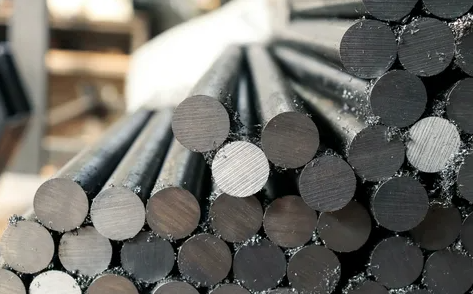The discussions focused on global overcapacity, unfair trade practices, energy costs, and green transformation. The participants agreed that the protection of the sector is essential to achieve Germany's goals of industrial sovereignty, employment and climate neutrality.
Trade defense and industrial sovereignty
Chancellor Merz stressed that Germany's goal is to ensure domestic steel production through competitiveness, not protectionism. "Only competitive companies can provide productivity and jobs in the long run," he said.
Both Merz and Finance Minister Lars Klingbeil called for a comprehensive steel strategy focused on fair trade, innovation and energy accessibility.
The government confirmed its support for a reliable, World Trade Organization (WTO) compliant successor to the EU safeguard measures, which expire in June 2026, and supported the European Commission's new proposal on steel import quotas.
Berlin will also advocate the abolition of US tariffs on steel and aluminum from the EU, the lifting of sanctions exemptions for Russian semi-finished products, and support for higher tariffs and reduced quotas for manufacturers who do not comply with the requirements






